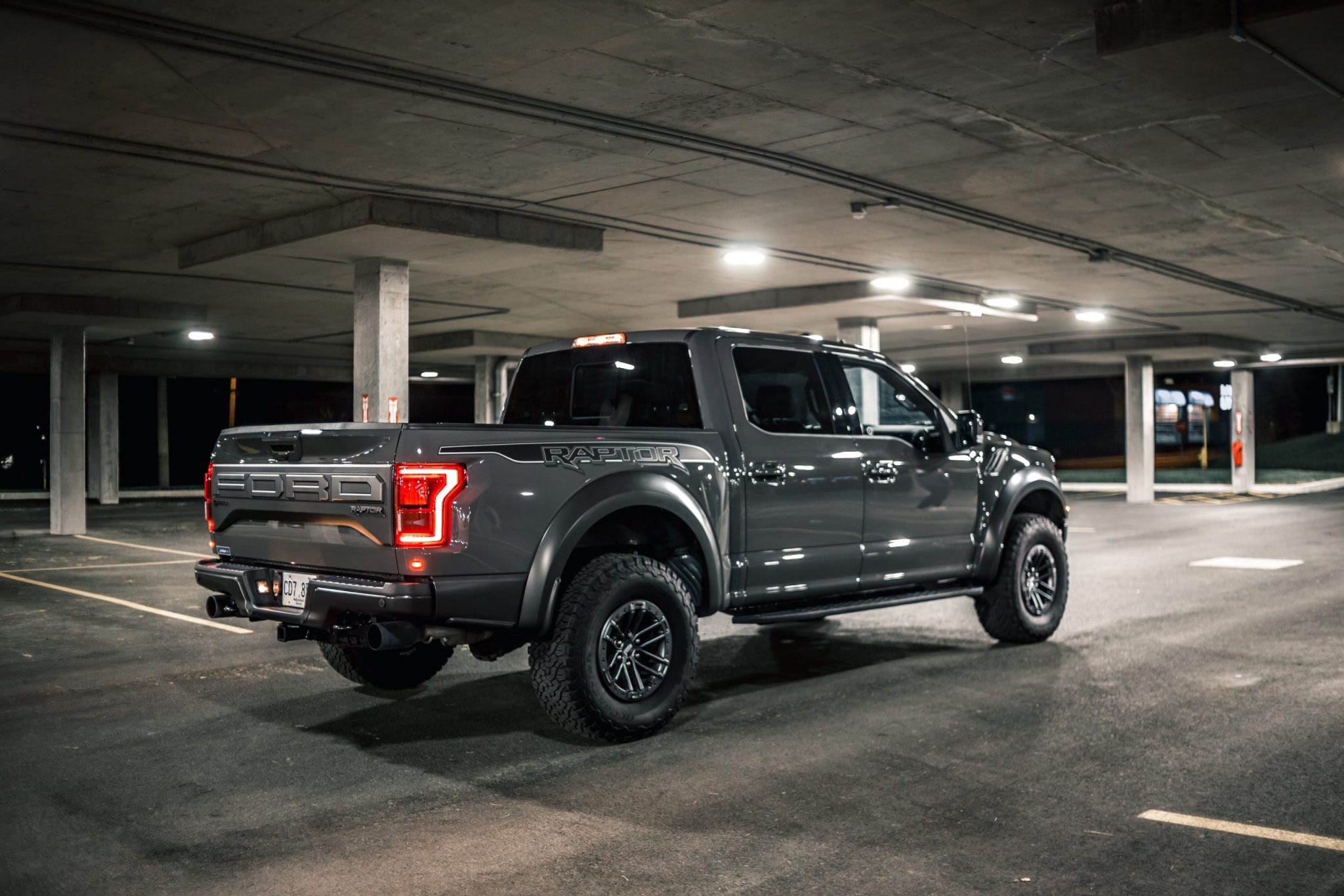Shopping for a truck may seem to be the same as shopping for a regular car. This, however, is not the case. When you consider increasing the number of styles, you have many more options to choose from. For example, a contractor who runs a small business will want to pick something different from what a homeowner with a family or someone who needs to go to the lake every month with his boat will choose.
Narrowing your option logically will help you find the right truck for you quickly. The following tips will help you know what to look out for in a truck, making the shopping process run more smoothly.
Learn The Lingo
If you do not want to ask the salesperson what specific terms mean over and over, learn the lingo. Many phrases are unique to the truck world. The good thing is, most of the words are easy to understand, and they mean almost the same thing. Some of the phrases you are likely to encounter include:
- Payload capacity – This is the total weight that the truck can carry in its cab and bed.
- Short bed – This is the shortest standard length of the truck bed. There is also a standard and a long bed.
- Crew cab – This is the largest size of a cab that is available
- Heavy-duty – These are trucks meant to carry heavy equipment and for towing
- Light duty – These are everyday trucks that we use for towing small loads and commuting.
Do Not Go Overboard With The Accessories
When you are looking at different trucks, the accessories that are available in each may overwhelm you. Most people see every recent addition, and they want it. It will help if you have a list of accessories you want to have and stick to it during the shopping process.
Additionally, the list will help you not spend more money than you need to on things that you most probably do not need. As much as the Hemi engine sounds impressive, there is no reason you should not go for the 6-cylinder engine variation of the engine that is still good for your style.
Towing Capacity
Many people buy trucks to use them for work, such as towing other vehicles, campers, and trailers. Unfortunately, companies do not make trucks with the same towing capacities. It means some pull more pounds than others.
There is no need to buy a heavy-duty truck if you only tow light loads, and vice versa. If you look at https://letstowthat.com/chevy-silverado-1500-towing-capacities/, you will find out the towing capacities of some trucks. Knowing the towing capacity of your truck will ensure that you use it for the correct purpose. In addition, this will ensure that you have the vehicle for a longer time than you would have if you misuse it.
Prepare To Spend More
Owning a truck is more expensive than owning a car. There is no way around this. MPG on vehicles is higher than in trucks; this means that you will spend more gas on a truck than on a car, even if the distance is the same. In addition, insurance and maintenance cost is more in trucks. It means that you will have to plan for these costs.
Depending on what you plan to use the truck for, you can pay off the extra amount in a short time. Review your budget before choosing the specs of the trucks.
Check Regulations And Special Fees
In some states, owning a large truck requires you to pay extra fees or have a special license. Check with the motor authority in your state before you complete your purchase. Because the costs may not be a deal-breaker, you must know what you are getting yourself into with the purchase.
Other states have unique licensing requirements that include tests. The tests are to make sure that you are capable of driving the truck. After all, the last thing you want to happen is for a truck accident lawyer to sue you because you damaged someone’s vehicle or property due to your inability to handle the truck you bought! There may also be extra charges on your truck if its fuel efficiency is low.
When you know what you want and add the above tips, shopping for a truck will be significantly easier. The engine size, power, passenger capacities, camper shell, and whether the truck is a manual or an automatic are some of the other things that you may consider before choosing one. The trick is to be prepared with information, so you can narrow down your options from the beginning. It will also reduce the time that you spend at the dealership.


